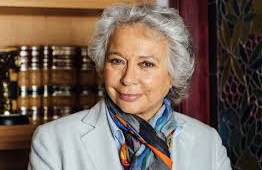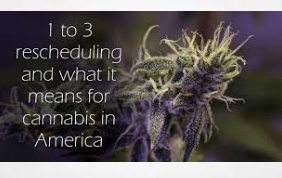Marijuana Moment reports
Nearly two years after Santa Cruz became the second California city—and the third in the U.S.—to decriminalize a broad range of psychedelic plants and fungi, the City Council has rolled back the law’s provision on peyote, effectively recriminalizing the cactus.
REVISIONS
Local lawmakers voted at a meeting last month to remove peyote and other mescaline-containing cacti from the municipality’s decriminalization policy, citing pushback from Indigenous people who consider the plant sacred.
Groups such as the National Council of Native American Churches, which uses peyote ceremonially, have been urging activists and lawmakers not to include peyote on lists of allowed plants and fungi. The group said in a letter last year that the cactus should be “preserved for utilization by and for Indigenous peoples.”
Even Decriminalize Santa Cruz (DSC), which helped pass the original measure that included peyote, released a statement in which the group apologized “for our lack of cultural sensitivity surrounding the Peyote cacti (Lophophora williamsii) and discounting Indigenous consultation in the process of decriminalizing entheogenic plants and fungi.”
DSC said it originally included peyote on the list of decriminalized drugs because they copied verbatim an Oakland ordinance that was put forward by Decriminalize Nature Oakland (DNO). “We were insular in our activism and did not consider the harm we may cause to Indigenous communities who have been using this sacred plant for millennia,” the group wrote.
“Fundamentally, DSC’s intention is to do no harm and to protect others from harm,” members said in the public letter. “We recognize that the inclusion of the Peyote cacti in our resolution is dangerous because it may contribute to the ongoing Peyote crisis in the sacred gardens of South Texas for generations to come.”
Peyote matures slowly and is currently categorized by conservationists as “vulnerable” after an uptick in illicit harvesting as use becomes more mainstream. The cactus, native to Mexico and parts of the American Southwest, has no federal protection in the U.S., while in Mexico it can be harvested legally only by Indigenous groups.
The change in Santa Cruz removes peyote from the city’s list of decriminalized substances along with “other entheogenic cacti that contain phenethylamine compounds such as mescaline.”
Read more at

















